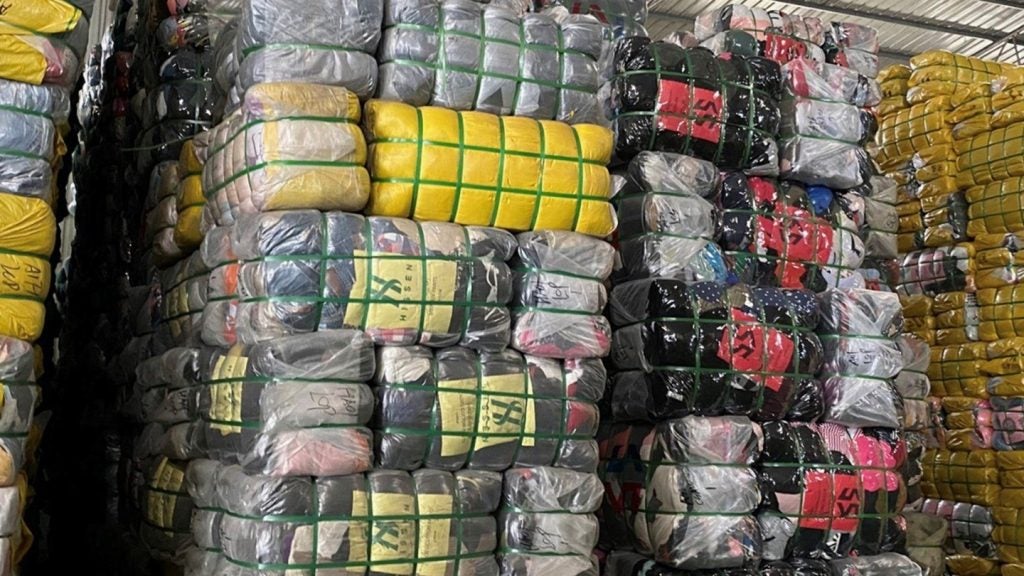The current system “effectively manages” materials through reuse and recycling, while also supporting millions of jobs and reducing textiles sent to landfill, SMART said in its recent submission to the Basel Convention Secretariat and the United Nations Environment Programme (UNEP).
SMART government affairs head Jessica Franken explained: “Used textiles are not waste - they are the backbone of the global circular economy. If we classify secondhand clothing as hazardous or waste, we risk destroying the very system that is already delivering real environmental and social impact at scale.”
Key highlights from SMART’s letter to UNEP
- SMART claims that proposals to regulate textiles as waste under the Basel Convention rely on inaccurate or incomplete data, and that peer-reviewed studies show unusable items make up only a small fraction
- Secondhand clothing (SHC) trade supports economic stability in recipient countries like Africa, Latin America, Asia, and Europe by providing millions of jobs, fostering small businesses and entrepreneurship, offering affordable clothing options, and contributing to both GDP and government revenues. The association warns that restrictions could have serious negative effects on these economies
- The reuse of secondhand textiles reduces environmental impact by keeping garments in circulation. Removing this option would undermine progress towards more sustainable production and consumption systems
- SMART argues that secondhand textiles do not meet criteria for hazardous waste and says applying Basel controls misrepresents these materials, except in cases where items are contaminated
- The association cautions that imposing regulations developed by wealthier countries on lower-income nations can result in “policy colonialism”, undermining local decision-making and potentially shifting trade into unregulated channels
- Textile waste should not be equated with plastic waste as it is designed for reuse and recycling, not single use. It calls for concerns such as microfibre pollution to be addressed through product design and producer responsibility rather than trade restrictions.
SMART’s recommendations for textile waste labelling
The non-profit urges UNEP and Basel Convention parties to clearly distinguish between reusable goods and genuine waste in international frameworks, including trade codes HS 6309 and 6310.
The group calls for recognition of distinct textile reuse and recycling flows to maintain legitimate circular trade. It requests rejection of proposals for classifying secondhand textiles as hazardous or subjecting them to Prior Informed Consent procedures.
Instead, SMART recommends focusing regulatory efforts on upstream causes such as overproduction and fast fashion through Extended Producer Responsibility policies aimed at the sources of textile waste.









